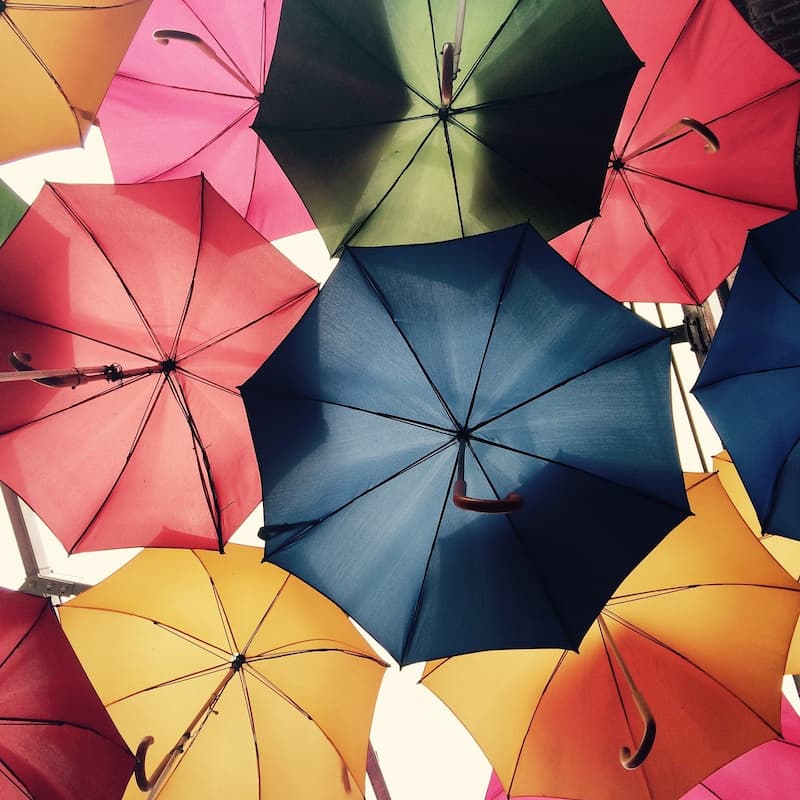Company Profiles
With Big Event Security Under Spotlight, Have A Plan â Global Guardian

Amidst all the fun and spectacle of great sporting events and cultural festivals, a difficult conversation that HNW travellers must have is about their physical security in case things go wrong. We talk to a firm that caters to this need.
Now that the Paris Olympics are under way, drawing in movie stars
such as Tom Cruise as well as the usual political leaders and
other VIPs, security springs to mind.
But although such events can come with heightened security
threats, Global Guardian, a firm advising HNW individuals,
corporates and others about physical security, doesnât see it as
its job to suggest that clients watch these jamborees on the
TV at home.
âThe bigger the event, the more coverage it has geographically,
then that is where the greatest exposure is going to be,â Dale
Buckner, chief executive, Global Guardian,
told this news service.
âFor us, with the corporate constituency, the number of people at
Fortune 500 firms going to these sorts of events has fallen.
There is a smaller footprint,â he said. In the past, a firm might
bring 50 to 100 such persons to these events. Now, it is more
than half that number, Buckner said.
âIf you want to go to a once-in-a-lifetime event or a remote
place, we wonât say donât goâ¦what we say is to recognise there is
a risk. That means if you go, have a real plan. Understand that
if someone is kidnapped, injured or so on, then have a plan and
arrange support,â he said.
While not a comfortable subject, security is part of the wealth
management advisory âvalue proposition.â Global Guardian, which
is headquartered in McLean, Virginia and has an office in London,
handles areas such as residential security, investigative
matters, cybersecurity, and others. We have spoken to the firm,
and others in the space,
before. At a time when cybersecurity is very much in the
news, the more physical side of security can sometimes be
overlooked.
The business of protecting people from physical and cybersecurity
threats is large and growing. According to Allied Market
Research, the global physical security market size was worth
$104.6 billion in 2020 and is projected to rise to $192.9 billion
by 2030. As for âcyber,â the global market is about twice the
monetary value of the âphysicalâ one â around $202 billion in
2022 and estimated to rise at a compound annual growth rate of
12.3 per cent from 2023 to 2030 (source: Grand View Research).
The physical side can cover areas such as CCTV cameras,
bodyguards, security patrols, investigators, protection devices
(including those licensed in certain places to carry firearms),
locks and monitoring tools. Another metric is cyber-insurance
that covers breaches, ransoms and loss of business because of an
attack. The market is expected to rise from $10.3 billion this
year to $17.6 billion by 2028 (source: Markets And
Markets.)
Paris security
Paris is said to have assembled a force of some seventy-five
thousand police officers, soldiers, and private security guards.
It has also invited some US law enforcement personnel, including
from New York, Los Angeles, and Virginia (source: Council on
Foreign Relations). Roads and metro stations have been closed.
Some 44,000 barriers have been erected. And an elaborate system
of QR codes has been set up for residents and others seeking
access to the river Seine and its islands (source:
BBC).
With HNW individuals and their families keen to get out and about
more than two years on since the end of the pandemic, the âFOMOâ
force encouraging people to savor outdoor music festivals, sports
tournaments and the like puts a premium on physical security
preparation.
âWe do think that there is a 'pent-up' factor. When you come
out [from a lockdown], then if you are in retirement or young,
the preciousness of experiences and desire to tick off your
bucket list is strong,â he said. âWe have seen a lot of
that.â
Buckner gave the case of high net worth families who have told
him they want to take 15 global trips in the next two years.
Already, the apparently malicious disruptions to high-speed rail
services on the eve of the Olympic opening ceremony last Friday
was a reminder of the problems that can occur. In the background,
is the realization that the games coincide with wars in Ukraine
and the Middle East, while France itself has been through a
difficult election season.
Global Guardianâs Buckner said that with events such as the
Olympics, some of the largest vulnerabilities are to be found
outside the actual enclosed spaces â like a stadium â than
inside. Given that the Games this year are being staged in
multiple venues in the Paris area, this adds to challenges.
âFor example, if a client is in an airport, the greatest
vulnerability is outside the security perimeter; it is the case
with the Olympics, with Formula 1 racing, NFL games, etc,â
Buckner said. âOur first bit of advice is to be very efficient in
and out [of the venue and nearby area],â he said. âYou need to
have an egress route and know what your options are, where
medical services can be found if you need them.â
Even before Covid, but certainly afterwards, several major cities
have seen rises in forms of crime, such as thefts, burglaries and
assault. âYou have people not feeling very safeâ¦there is going to
be more demand for security.â
